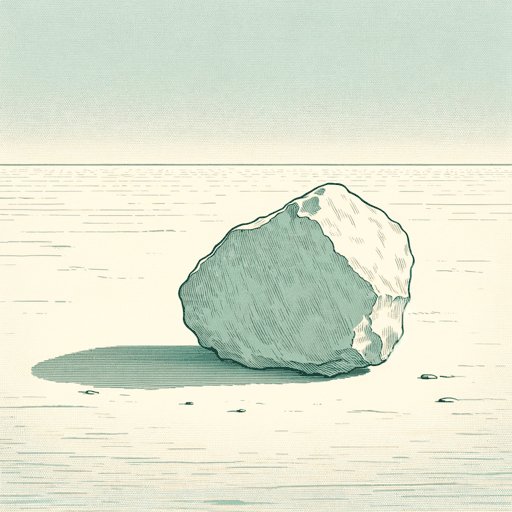50 pages • 1 hour read
Jean-Paul SartreBeing and Nothingness
Nonfiction | Book | Adult | Published in 1943A modern alternative to SparkNotes and CliffsNotes, SuperSummary offers high-quality Study Guides with detailed chapter summaries and analysis of major themes, characters, and more.
Key Figures
Jean-Paul Sartre
Jean-Paul Sartre (1905-1980) was a French philosopher, playwright, cultural critic, and political activist. Sartre was a gifted academic from an early age. After his father died, Sartre’s grandfather taught him classical literature and mathematics. His interest in philosophy developed as a teenager while in private school in Paris. He attended the École normale supérieure, a prestigious university in Paris where he studied philosophy, and later taught at prestigious secondary education institutions called “lycées.”
His partner and biographer, the philosopher Simone de Beauvoir, claimed that Sartre was overcome with emotion when he first encountered phenomenology. Sartre’s Being and Nothingness: An Essay in Phenomenological Ontology is considered a foundational text for existentialism, although the term does not appear in this book and was not coined until after the book’s publication. However, existentialism is founded upon the principles outlined in Being and Nothingness. The book was not immediately popular, and many of his fellow philosophers criticized it.
During World War II, Sartre was drafted as a meteorologist. He was captured by German soldiers in 1940. During his nine months as a prisoner of war, Sartre drafted his first play and read Martin Heidegger’s Being and Time.
Related Titles
By Jean-Paul Sartre





